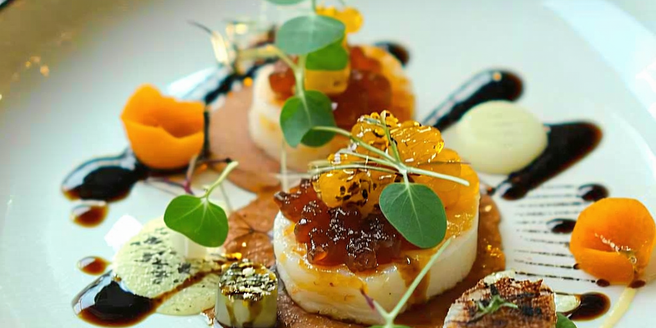Winning Recipe Competitions With Flair

Understanding the Basics of Recipe Competitions
Participating in a recipe competition requires a clear understanding of its foundational elements. Each competition has specific rules and criteria that participants must adhere to, ranging from ingredient limitations to time constraints. Knowing the judging criteria is crucial, as this helps in tailoring your recipe to meet the expectations. Familiarizing yourself with past competitions can provide insights into the types of dishes that have impressed judges previously. Additionally, attention to detail is vital; small aspects like plating and presentation can make a significant difference. By understanding the competition’s framework, chefs can strategically plan their creations, maximizing their chances of success. It’s not just about cooking a delicious meal, but also about how well one can adapt their culinary skills to the competition’s unique requirements.
Crafting Unique and Memorable Recipes
Creating a recipe that stands out in a competition involves striking the right balance between creativity and familiarity. Innovating with traditional recipes by adding unexpected twists or complementary flavors can captivate judges. The key is to maintain harmony among the ingredients; a single overpowering element can overshadow the dish. Experimenting with international flavors and textures can add a unique flair to your creation. However, feasibility is crucial—judges appreciate dishes that can realistically be recreated in a typical kitchen. Consider incorporating a memorable story or cultural significance behind the recipe, as this can add depth to your presentation. A unique dish not only delights the taste buds but also lingers in the memory, due to its distinct harmony of flavors and presentation.
Mastering Presentation Techniques for Maximum Impact
In recipe competitions, presentation can be as important as the taste itself. Mastering the art of plating can elevate a dish from simple to extraordinary. Crafting visually appealing plates is about understanding color contrasts, textures, and portion sizes. The use of garnishes should enhance, not overpower, the main elements of the dish. Learning from professional chefs through workshops or online tutorials can provide valuable insights into cutting-edge techniques. Another aspect is the storytelling through presentation; aligning the look of the dish with its thematic or cultural story adds another layer of intrigue. Finally, practice is essential; rehearsing your plating technique ensures precision and consistency under time constraints. By creating an impactful visual statement, chefs can leave an indelible impression on the judges.
Essential Tips for Captivating Judges’ Palates
Winning the favor of judges is a nuanced art, requiring more than just excellent cooking. Understanding the palate preferences of the judges can provide a competitive edge. Research if there are any common favorites or disliked flavors among the panel, and tailor your dish accordingly. Another important factor is balance; ensuring the right mix of savory, sweet, sour, and bitter can create a dish that delights at every bite. Additionally, the aroma should captivate even before the first taste, as smell is a powerful aspect of flavor perception. Lastly, offer something that sparks curiosity—using rare ingredients or highlighting a new technique can engage judges’ senses. In the realm of culinary competitions, capturing the judges’ taste buds is as strategic as it is sensory.
Learning from Past Winners: Success Stories and Insights
Studying the journeys of previous recipe competition champions provides invaluable lessons. Each winner’s path is unique, but common themes often include resilience, creativity, and attention to detail. Analyzing their winning recipes can reveal how they innovatively used ingredients or presented their dishes. Many past winners emphasize the importance of storytelling in their recipe’s conception and presentation, which helped establish a connection with the judges. Networking with these champions, when possible, can offer personal insights and mentorship. Their experiences can also teach the power of feedback; successful competitors learn from critiques and refine their skills accordingly. By understanding the elements that led to victory in past competitions, aspiring chefs can better prepare and increase their own chances of success.